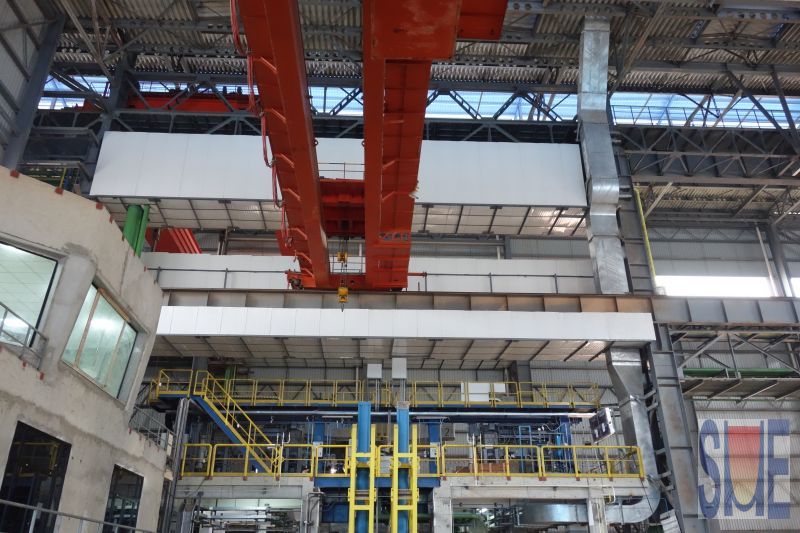Hydrogen is the most significant energy to green development of iron & steel industry. The mainstream production routines of hydrogen are to use fossil energy (coal, natural gas, petrol), renewable energy (solar, wind, water) and nuclear energy.
Hydrogen production by electrolysis of water is mostly done by electrolysis of aqueous solutions of caustic potash or caustic soda using a tandem electrolyzer (shaped like a filter press) with iron as the cathode surface and nickel as the anode surface. Oxygen is produced from the anode and hydrogen from the cathode. This method is more expensive, but the purity of the product is high, and hydrogen of 99.7% purity or more can be produced directly. Hydrogen of this purity is often used as a reducing agent, protective gas and heat treatment of PoMo alloy in the electronics, instrumentation and instrumentation industries, as a reducing agent for making tungsten, molybdenum and cemented carbide in the powder metallurgy industry, as a raw material for making semiconductors such as polysilicon and germanium, as well as for hydrogenation of grease and oil, and as a cooling gas in double-hydrogen intercooled generators.
Hydrogen production from water gas is obtained by reacting anthracite coal or coke with water vapor at high temperature (C + H2O → CO + H2 - heat). After purification, it is passed through the catalyst together with water vapor to convert CO into CO2 (CO+H2O →CO2+H2) to obtain a gas containing more than 80% of hydrogen, then pressed into water to dissolve CO2, and then passed through the solution containing ammonia anthranilic acid cuprous (or ammonia acetic acid cuprous) to remove the residual CO to obtain a purer hydrogen.
The hydrogen produced by thermal cracking of petroleum has a large yield and is commonly used for gasoline hydrogenation, petrochemical and fertilizer plants.
Coke oven gas hydrogen production technology is more mature, and hydrogen is obtained by variable pressure adsorption (PSA) or catalytic reforming and cracking. Nowadays, coke oven gas is mostly produced by variable pressure adsorption (PSA) technology, which is also relatively inexpensive.
The essence of nuclear hydrogen production is to use the electrical and thermal energy generated by nuclear power plants for hydrogen production.
Hydrogen from Coal is the less cost comparing other hydrogen-making technology.
The density of hydrogen is only 0.0899 kg/m, which is one ten thousandth of that of water, now the high density storage of hydrogen technology is a key point to influence application of the hydrogen energy.
